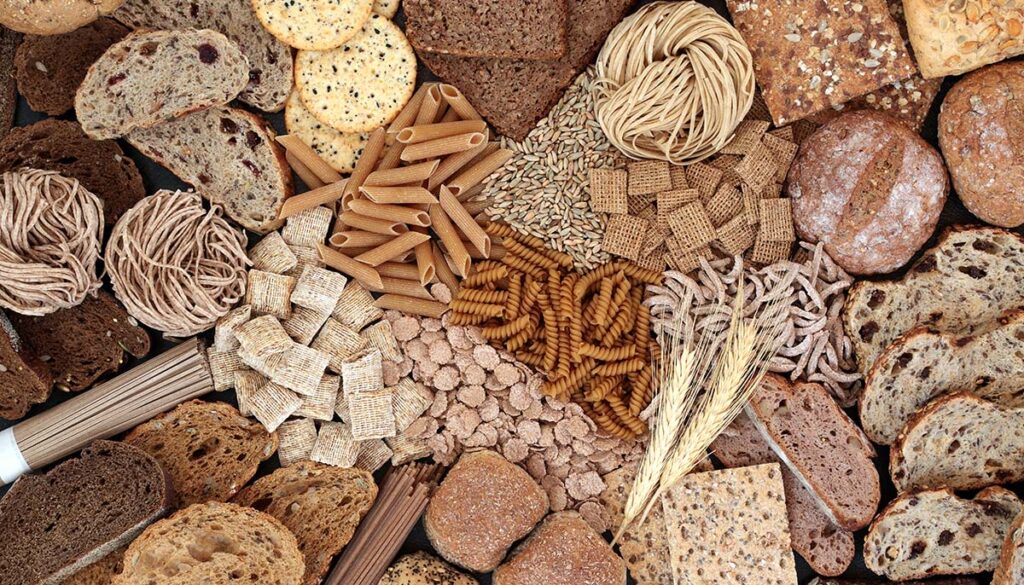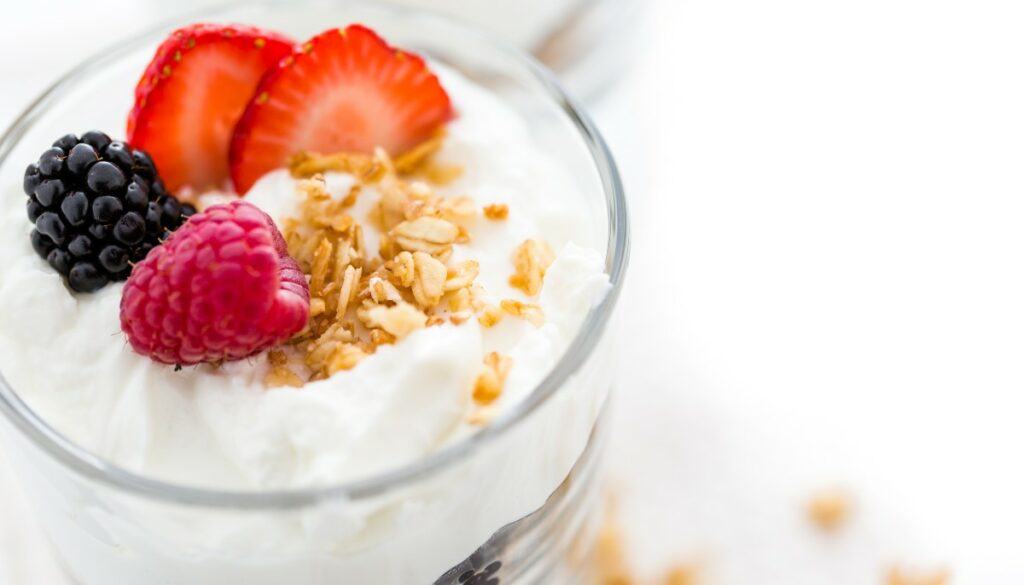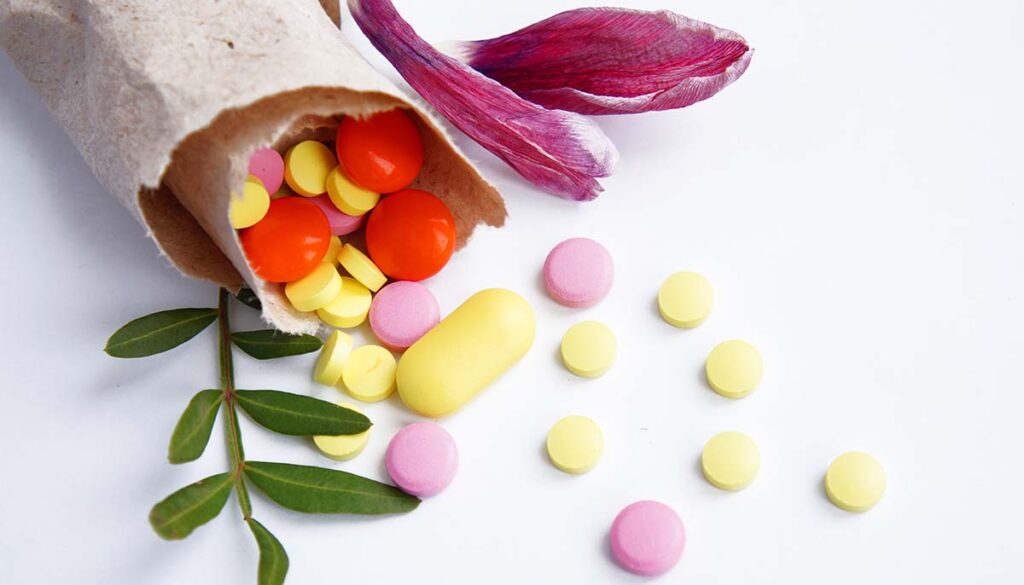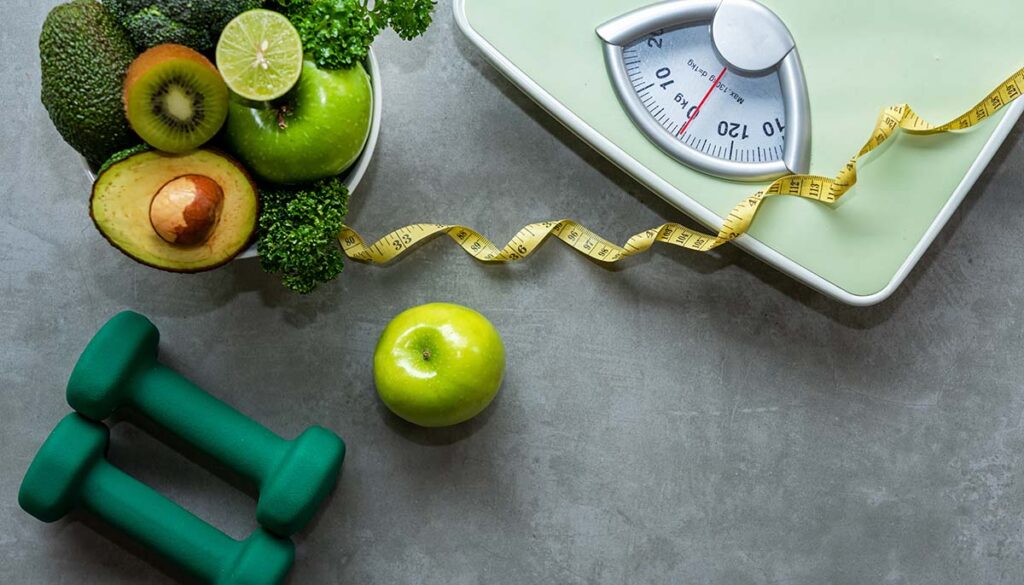Is it really possible to boost your fertility naturally? You betcha! While everybody’s body works a little differently, your overall health plays a critical role. Physical, mental, and reproductive health are all connected. And if you’re serious about boosting your fertility, you should start by taking care of yourself, in every way you can.
Still, it should be noted that lifestyle changes cannot cure a problem requiring a medical diagnosis. But being in better health never hurts. Per WebMD, “Good diet, regular exercise, a healthy body weight, better sleep patterns, less stress — all those things have been correlated with semen quality. Your doctor can help you make any changes you might need to be your healthiest self, as well as address any issues that might be a barrier to baby-making.”
In addition to chatting with your doctor, here are some natural and easy things you can do that can potentially give your fertility a big boost.
Don’t Skip “The Most Important Meal of The Day”
Various studies have shown that eating a substantial breakfast can potentially help women combat fertility issues. In fact, one study found that those suffering from hormonal imbalances caused by polycystic ovary syndrome (PCOS) may benefit the most.
Eating a bigger breakfast (and therefore, more calories) was shown to reduce insulin levels by 8 percent and testosterone levels by 50 percent, both of which can contribute to infertility in higher percentages. On top of that, the women who ate a bigger breakfast in the study were ovulating more than the women who opted for smaller breakfasts. So for those trying to get pregnant, maybe breakfast really is the most important meal of the day.
Choose Foods Rich in Antioxidants

If you’re trying to get pregnant, dieticians encourage sticking to a “fertility diet.” This includes foods with antioxidants like folate and zinc, which are believed to improve fertility. Antioxidants also combat free radicals, giving the body an overall boost.
According to one study, women with higher folate intake were associated with higher rates of implantation and clinical pregnancy. Currently, we can’t say definitively how much antioxidants contribute to fertility, but the science points to it having a positive impact. And healthy eating is never a bad idea, obviously.
Eat More Healthy Fats and Less Trans Fat

According to top dieticians, eating healthy fats on a daily basis is instrumental in boosting fertility and of course, our overall health. In contrast, trans fats are commonly associated with an increased risk of ovulatory infertility, in major part due to their impact on insulin sensitivity.
Per Healthline, “trans fats are commonly found in hydrogenated vegetable oils and are usually present in some margarine, fried foods, processed products, and baked goods.” So say goodbye to “the good stuff,” junk food lovers.
Read More: The Fruitarian Diet: Is it Healthy or Harmful?
Increase Your Fiber Intake
Typically, a fiber-rich diet helps keep our blood sugar in check. When it comes to fertility, eating soluble fiber is believed to be particularly important. According to medical research, it can also regulate some hormonal imbalances that are known contributors to infertility. For instance, some types of fiber are able to remove excess estrogen from the body.
With that said, the verdict on fiber’s effects on fertility remains out. One study found that in some cases, an increase in fiber actually decreased hormone concentrations for some women. So as always, talk with your doctor to make sure your fiber intake is balanced.
Be Careful With Carbs

Managing your carb intake could benefit fertility more than you realize. Multiple studies have shown that managing carb intake often provides beneficial effects on certain aspects of PCOS. PCOS has been linked to high insulin levels, which carbs can exacerbate. Overall, sticking to a lower carb diet can help you maintain a healthy weight, reduce insulin levels, facilitate fat loss, and contribute to menstrual regularity.
However, you shouldn’t cut out carbs completely. Instead, dieticians advise incorporating the carbohydrates that are better for you and saying goodbye to the others. In other words, do your best to avoid refined and processed carbs at all costs and try to only eat carbohydrates that are found in whole foods.
Per Healthline, “insulin is chemically similar to ovarian hormones. These hormones help our eggs mature. Consistently elevated insulin can cause the body to produce fewer reproductive hormones because it thinks it doesn’t need it. This can contribute to a lack of egg maturation and ovulation.”
Try Plant Proteins
Dieticians say that if you want to increase fertility, make certain switches in your diet stat, including this one. Swapping animal proteins for vegetable proteins has been linked to a reduced risk of ovulatory infertility.
According to PlantBasedNews, “a study from Harvard School of Public Health looked at over 18,000 women and found that ovulatory infertility was 39 percent more likely in those eating high levels of animal protein – in particular chicken and red meat – compared to women who ate more peas, beans, lentils, tofu, and nuts.”
Read More: Be a Protein Queen: Plant-Based Ingredients You Should Start Buying
If There’s Dairy in Your Diet, Make Sure it’s High Fat

If you can tolerate dairy, it might be great for your fertility. Just make sure it’s full fat. High intakes of low-fat dairy foods have been linked to a higher risk of infertility. However, research suggests that consuming high-fat dairy foods may increase fertility.
To get the most out of this switch, dieticians say to swap out one daily low-fat dairy serving with one high-fat dairy serving. And if you haven’t started using greek yogurt in your dips and recipes that call for something creamy, I highly recommend you start for the flavor alone!
Exercise

Exercise is good for you, and the better health you’re in, the better chances you will be able to increase your fertility naturally. So get moving. But don’t push yourself too far.
According to the Carolinas Fertility Institute, “exercising for 30 minutes per day decreases the risk of ovulatory-factor infertility, but there can also be too much of a good thing in this case. Over-exercising or more than 60 minutes of physical activity per day can actually have the opposite effect and may increase the risk of ovulatory-factor infertility.”
With moderate exercise and low stress in mind, many believe that doing certain yoga poses can actually help you conceive. Check out this enlightening post on fertility yoga to learn how.
Read More: How Exercise Has Changed Over the Last 100 Years
Prioritize Rest and Relaxation

It’s no secret that trying to conceive can lead to stress, especially if you’ve been having trouble. And your doctor will tell you if you want to become pregnant, the last thing your body needs is increased stress.
In fact, various scientific studies have shown that stress can inhibit fertility. Plus, high levels of stress hormones are not great to maintain our overall health. So take care of yourself and when in doubt, take it easy more often than not.
Take Your Vitamins

When it comes to overall health, a daily multivitamin can go a long way. According to Healthline, an estimated 20 percent of ovulatory infertility can potentially be avoided for women who consume 3 or more multivitamins on a weekly basis.
Most notably, the micronutrients in women’s daily vitamins play an essential role in fertility. When picking a vitamin with fertility in mind, dieticians also say you need to be sure to choose something with the B vitamin, folate.
You may also want to look into supplements for an extra boost. However, always consult your doctor before you start a new vitamin or supplement regimen. In the meantime, here’s an evidence-based guide to fertility supplements.
Read More: What to Know Before Taking Collagen Supplements
Have You Checked Your Iron Levels Lately?

Increased iron intake may decrease the risk of ovulatory infertility. But according to some studies, it has no bearing on fertility at all. Commonly, however, some women suffer from an iron deficiency. And some may not know it. Still, be careful with iron supplements.
While there’s plenty of evidence to support the importance of iron in the female diet, whether or not supplements will do the job remains inconclusive. Some research suggests the body can’t properly absorb iron in supplement form. Some dieticians say it’s simply not safe. After all, too much iron is not a good thing.
So what’s most important is that women maintain balanced iron levels, even if they’re not trying to get pregnant or not. A diet high in iron includes foods like seafood, beans, green leafy vegetables, dried fruit, red meat, liver, and quinoa.
Maintain a Healthy Weight

Many doctors and dieticians agree: that weight tends to be the most significant factor when it comes to fertility. Those who are underweight or overweight are believed to be at a higher risk for increased infertility. “You have a greater chance of getting pregnant and having a healthy baby if you are close to a healthy weight. A small weight loss can improve fertility and pregnancy health,” per Better Health Channel.
Stored fat in the body and menstrual function has a direct relationship. According to Healthline, obesity is frequently associated with a lack of ovulation, menstrual irregularity, and even impaired egg development. So if you want to increase your chances of being pregnant and you’re struggling with your weight in any way, schedule an appointment with your health care provider today. No matter your plans for the future, there’s never a bad time to start taking better care of yourself.
Read More: The Healthiest Alcoholic Drinks, According to Dietitians













